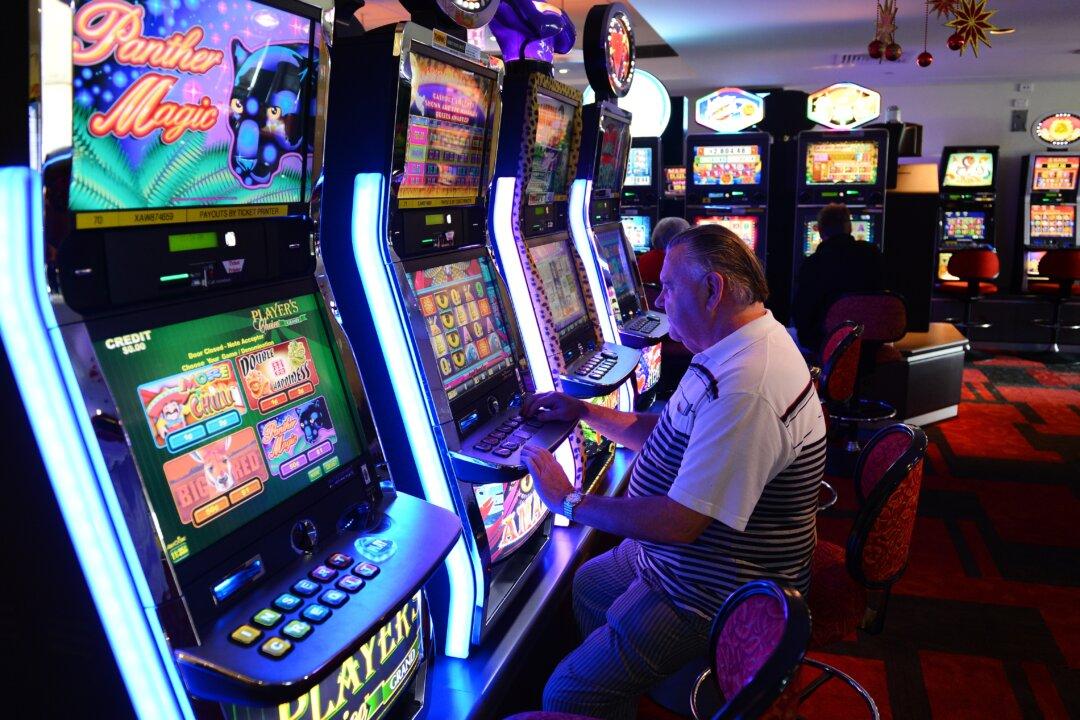The New South Wales (NSW) government has unveiled an ambitious plan to turn all poker machines in the state cashless by 2028 as it seeks to stamp down on money laundering and reduce the negative impact of gambling.
NSW Premier Dominic Perrottet said it was the largest social, community and law enforcement reform in the Australian state’s history.





